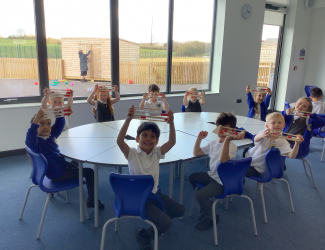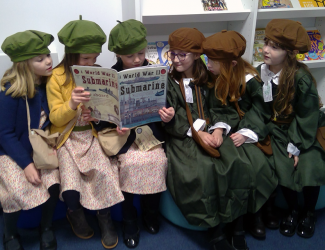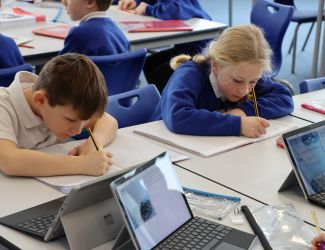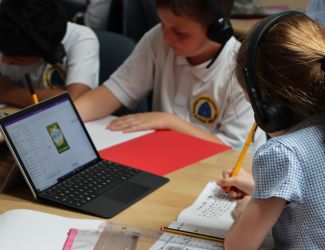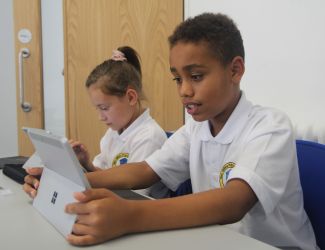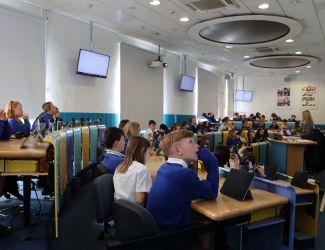Year 6 Geography Curriculum
Children will be taught three key strands of geographical knowledge, consider the subject’s relevance to our chosen Modern Foreign Language (Spanish) and a selection of necessary skills to become geographers. Pupils will be encouraged to interpret and navigate a variety of maps, in physical and digital forms, as well as drawing many of their own with suitable symbols and scale. They will be taught…
An Area of Human Geography: Trade and Economy
- To describe and understand global economic activity and trade links.
- To describe and understand distribution of natural resources, including energy, food, minerals and water.
- To explore contemporary concerns over resource distribution.
- To describe how human changes have affected the Earth since the 1800s.
- To consider physical changes that are predicted to occur to the Earth by 2050 and how humans are combating this.
An Area of Physical Geography: Changing Landscapes
- To describe how physical changes have affected the Earth since the 1800s.
- To consider physical changes that are predicted to occur to the Earth by 2050.
A range of Geographical skills: Map Reading, Map Making & Fieldwork
- To follow routes on maps and align a map with the route.
- To use simple grids and give directional instructions up to 8 cardinal points.
- To use six-figure coordinates to locate features.
- To design a map from a description.
- To draw thematic maps for local open spaces.
- Use fieldwork and observational skills to measure, record and present physical and human features of a nearby moorland, including a range of methods: sketch maps, plans, graphs and digital technologies.
- To understand data collection and graph creation to demonstrate the green belt to city centre of London.
MFL Links: Spanish Trade and the EU
- To consider what the main goods are that Spain produces and trades.
- Where the main distribution centres (for example, ports) are.
- Consideration of being part of and leaving the EU.

